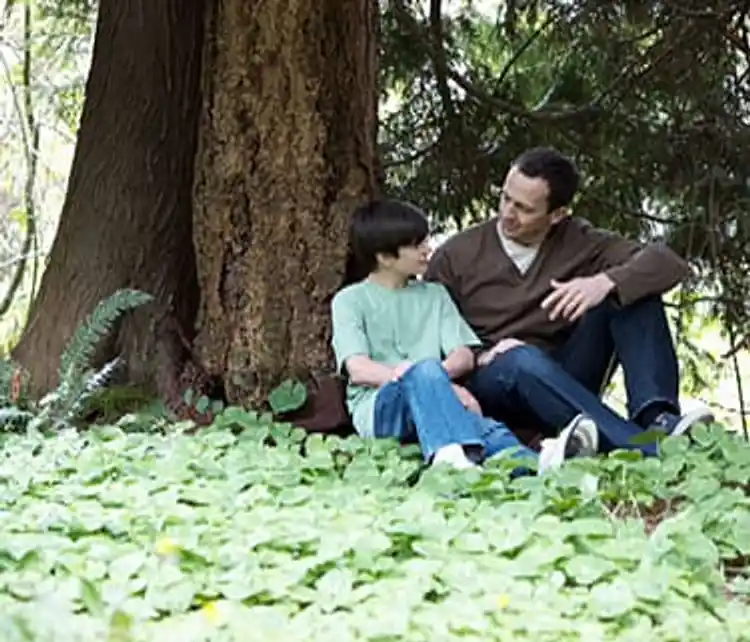Bedwetting Solutions

Hide Video Transcript
Video Transcript
Explain to your child that a lot of kids have this normally, and that the majority of kids outgrow it. Let him know if you had it, that you outgrew it. Also make sure that everyone in the family is aligned, so if that child has older siblings, let them know that it is normal and the child will outgrow it, and not to tease your child about that. The second step is motivational therapy, and this is where the child really has to be motivated to help solve the problem. So the child is in charge. What we advise is having a pair of pajamas close to the bed; having a sheet or a towel that the child can take so if they have an accident, they get up, they go to the bathroom, they finish voiding, and they come back and put a towel over the wet area, and change the pajamas and go back to sleep. In the morning, when they wake up, they would help change the sheets and put them in the washroom, and the parent of course could guide in that. Part of that motivational therapy is having a reward system as well, so a series of seven dry nights will result in a reward for the child that's agreed upon with you and the child. So maybe the first reward after seven dry nights is going to the park, but if they've had 14 dry nights, now they get to the zoo. You want to help your child and make sure that they don't feel upset or unhappy or have their self-esteem affected by something like this. So in circumstances such as going to grandma's house for a sleep-over or a friend's house or family's over, those are good times for a child to have a little bit of help. And that kind of help can be with training pants or some diapers or whatever the child feels and you feel will make them comfortable to get through that situation. Remember, any of these therapies can take about 12-14 weeks to work, so know that up front, and don't be discouraged if it doesn't work immediately. The third step in line is generally alarms. So a bedtime alarm works by sensing the drops of wetness in the underwear and will actually go off so the child wakes up, and then can go to the bathroom and empty their bladder completely. And bed alarms also take a little while to work. But the good thing with bed alarms is that they are successful, and generally after the child gets up with that alarm, they tend to retain those habits. And the last treatment modality is medications. The problem with the medications is that a lot of kids relapse. So as soon as they're taken off the medications, they start having the bedwetting problem. So generally, we advise either waiting, motivational therapy, or bed alarms before we even start medications.

